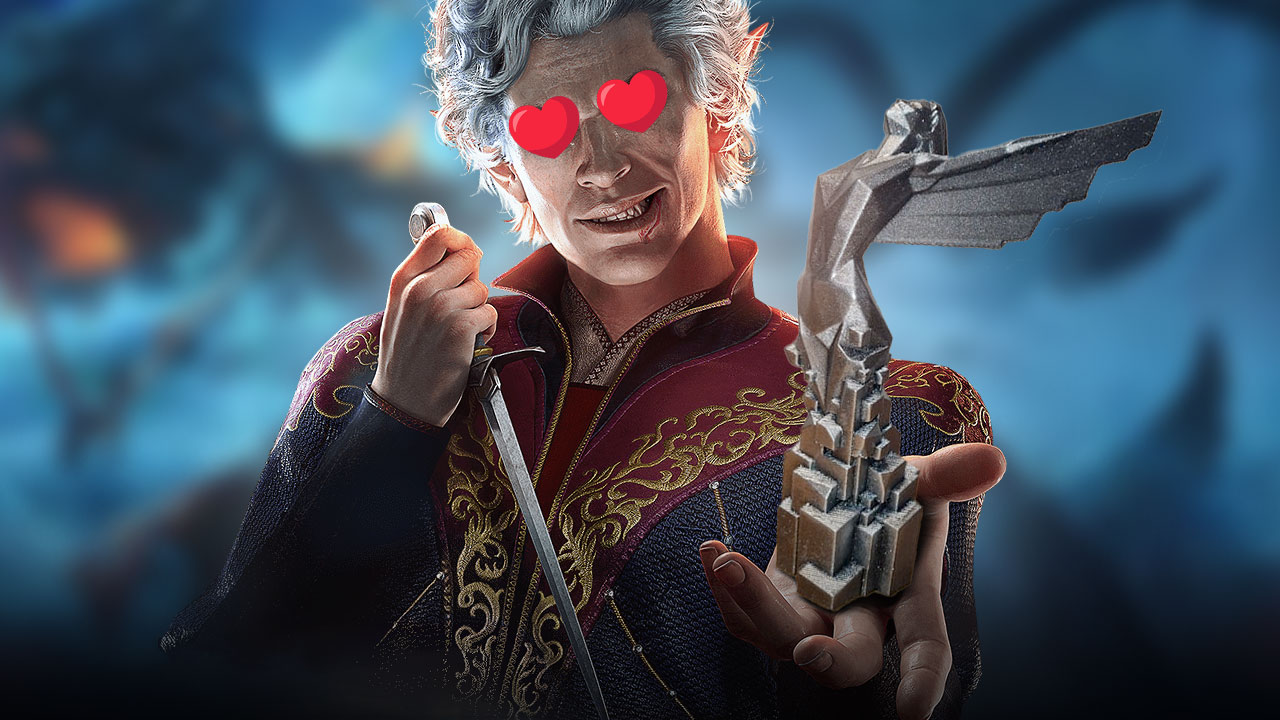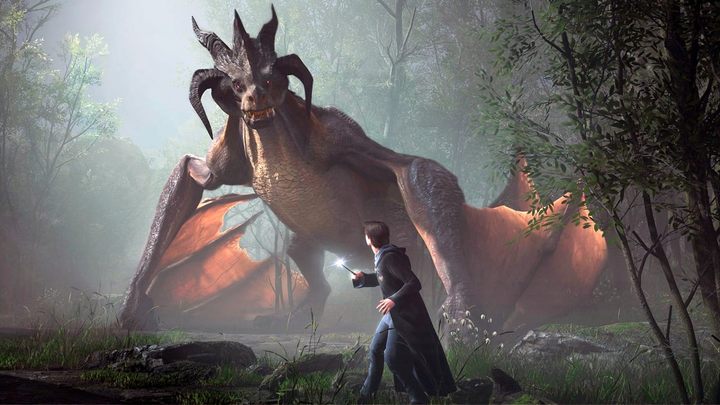TGA is Like Democracy: Not Perfect, But It's The Best We've Got
The year slowly ends, so The Game Awards 2024 are around the corner. We're already voting here in the office – with full awareness of the pros and cons that such contests entail.

November is slowly coming to an end, and this beautiful year, full of spectacular releases, is creeping towards its end. This is also visible in the world of games - the big games that immediately ignited the imagination of millions around the world are already behind us (one that's still coming is Avatar: Frontiers of Pandora).
We're keeping an eye the end of the season here at the editorial office. It's true that there are still those admiring Alan Wake 2, but the first, so to speak, prophetic voices are already emerging - the first syntheses and summaries of the year. December is ahead of us, and December is the time when the whole world talks about Doritos and Mountain Dew.
We have already met the great nominees for this year's The Game Awards. The biggest, strongest, most popular titles are left in the competition. On the list of nominees, the titles are rather safe - apart from a few controversies, we have a relatively complete collection of the greatest delights of 2023. The nominations - as is often the case - sparked important conversations, such as: "Is Baldur's Gate 3 an indie game?"
The winners are, in a way, already clear - at least when it comes to the number of nominations - it's Baldur's Gate 3 and Alan Wake 2. They both got as many as 8 nominations (and it is worth noting that a moment ago, Baldur's Gate 3 won 7 awards at the Golden Joystick Awards 2023 gala). Both of these games will become a point of reference for other similar works in the future in various respects. Both are proof that single-player productions with an extensive and interesting plot are still a good business plan. And don't let anyone convince you otherwise.
Because both of these games are indeed great worlds of imagination in the old style - games with good gameplay and story, which will be discussed for years. And all this without criminal microtransactions and aggressive monetization, which - if it could - would not only strip us of the last money for dinner, but also snatch the purse with our grandmother's thin pension. Games like BG3 and Alan Wake 2 are not made often. And - I can't believe I'm writing this - but Zelda may not see a single award this year. Well, at least in theory.
The great absentees that Sonia writes about in her text are, of course, Starfield (1 nomination in the RPG category), Diablo IV (2 nominations: Multiplayer and Accessibility) and Hogwarts Legacy , which didn't get even a single nomination. This was the biggest surprise, because although the game was neither revolutionary nor sensational, it turned out a sales hit - the somewhat shallow open world full of props that we remember from books and movies about the little wizard aside. I am personally surprised by its absence in the Action Adventure or Art Direction category. Maybe this world wasn't particularly deep and maybe we actually played as a complete psychopath, but the Hogwarts castle and the surrounding meadows and forests wonderfully reflected the magical world loved by so many players.

And it may be controversial, but while the absence of Hogwarts Legacy surprises me a bit, the poor results of Diablo IV and Starfield do not surprise me at all. After browsing the Internet, I have the impression that fans of these brands were not surprised by that fact either - their main concern seems to be that large developers did not live up to expectations they had themselves created. Because both of these games, although they suffice for long hours, entertain and amuse, have absolutely nothing on the sprawling RPG from Larian and the rest of the main nominees.
There's no such thing as a single game to please anyone. Our tastes can diverge radically. Because while we have a lot in common, there's even more that divides us. Tastes, trends and popularity are often determined by the greatest behemoths of pop culture.
And TGA seems a bit like democracy itself - not the perfect choice, but still the best one available. That's what happens with syntheses, generalizations and plebiscites; heuristics - something inevitably gets lost along the way, and although it can be a wonderful, amazing and unique game, it consequently becomes "incidental," isolated and too individual to capture a broad audience. But perhaps this is where the beauty is - the fact that our favorite, beloved games, will remain ours, not necessarily gaining the recognition of the world.
And even if we discussed it for a century, we won't reach an agreement, because for someone, the game of the year will be, say, Jagged Alliance 3, and you can't tell them: "Stop having fun!" because what are you, the judge of good taste? In our editorial team, we struggle with this every day. Right now, an internal vote is taking place in our team and there's no end to the discussions about what has been the best, the most important, the most popular and coolest game. Especially since each of us is different and sees the most important matters from a different perspective.
